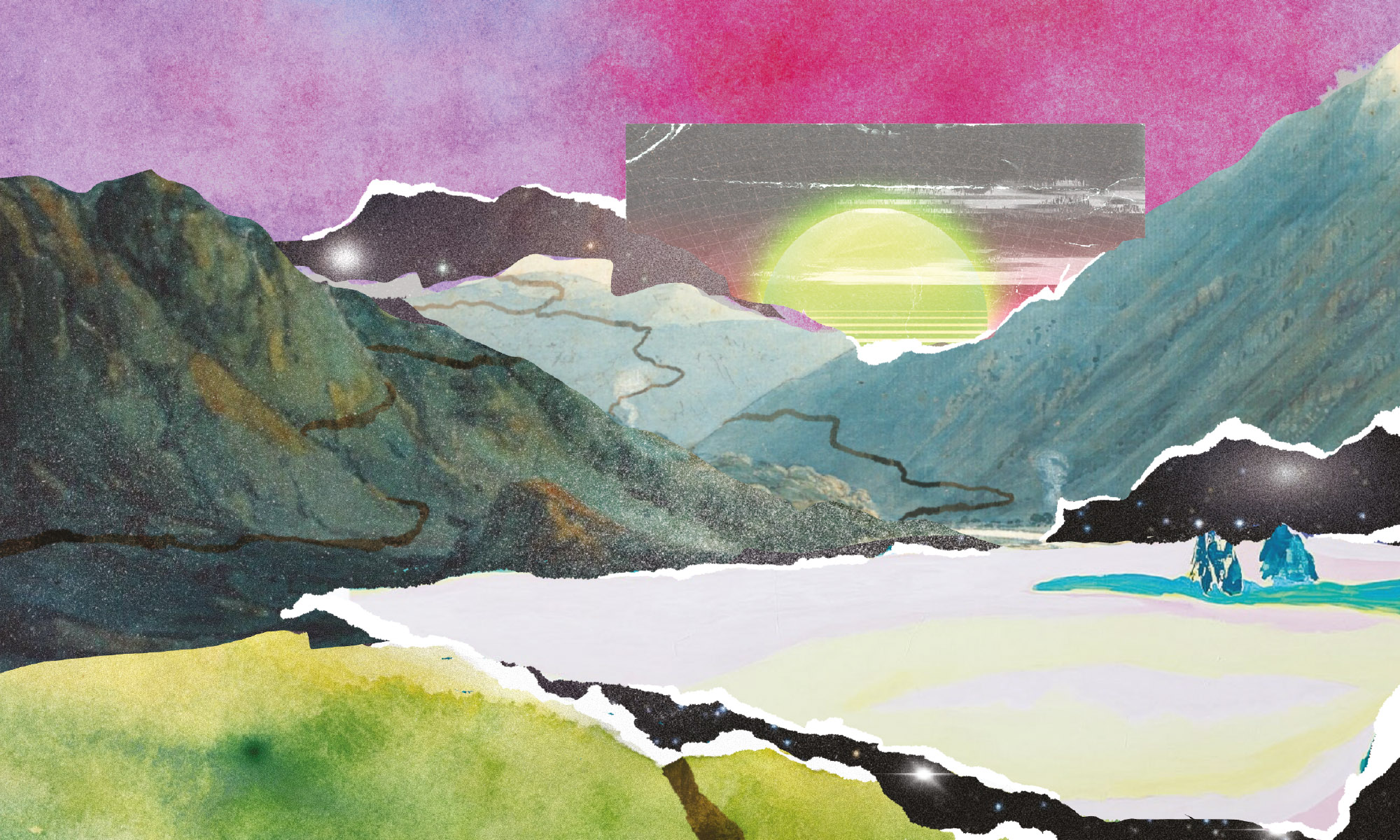Religion and Spirituality as Sites of Learning
Learning has always been a central aspect in religion and spirituality. Besides providing primary socialization for children and youth, many communities encourage their adult adherents to continuously deepen their religious knowledge and engagement. Especially in pluralistic societies, religion-related learning activities may also involve previously unfamiliar traditions.
Motivations for acquainting oneself with new religious and spiritual options range from conversion to supplementing one’s worldview to enchanting everyday life. To individuals and communities faced with exceptional circumstances or social marginalization, religion and spirituality may open avenues for learning to change their situation. These challenging circumstances include such concerns as inequality and climate change. However, religious and spiritual learning may also lead to less constructive outcomes, such as radicalization or the spread of conspiracy theories. Some people innovatively combine religious with secular learning to advance wholly new cultural skills, competencies, identities and agencies. Finally, the adoption of a decidedly nonreligious identity or lifestyle can also involve complex processes of learning and unlearning.
The multidisciplinary conference Religion and Spirituality as Sites of Learning invites scholars to investigate the variety of past and present dynamics of learning, religion and spirituality in the lives of individuals and communities. We welcome empirical and theoretical contributions on themes that include, but are not limited to, the following:
-
-
- religious and spiritual learning through the ages
- learning within and across traditions
- communities of learning (teachers, students, peer-groups, structures)
- pedagogical methods, techniques and materials
- rituals, the body and emotions in learning
- media and technology in learning
- intersectionality and power in religious and spiritual learning
- learning and unlearning in nonreligion and atheism
- individual learning trajectories
- transfer and application of learning outcomes to different spheres of life
- social and cultural valuation of religious and spiritual learning
- dynamics of learning and appropriation
-
The deadline for submitting an abstract has been extended to January 17, 2023. Your abstract should be approximately 150 words long. The abstract document should also include a title for your presentation, your name, affiliation and email.
Please send your abstract to donner.institute@abo.fi with the subject: ”Conference abstract”.
